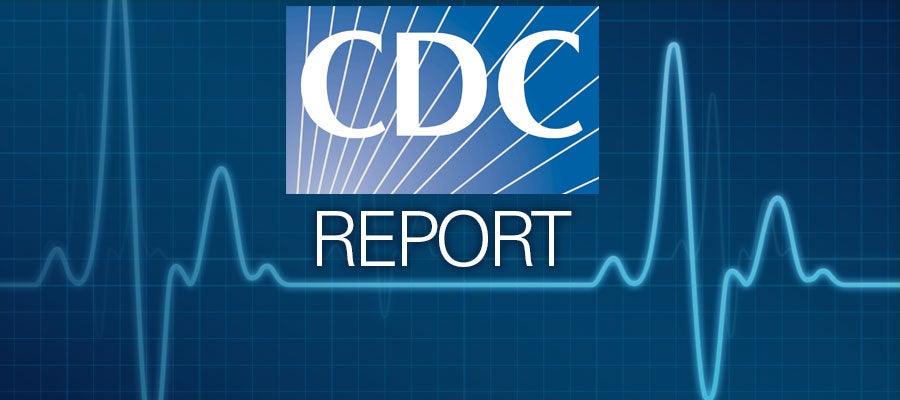
Health care providers should stop using certain syringes and needles with needle safety devices made by Guangdong Haiou Medical Apparatus Co. until further notice due to quality issues, including certain needles detaching from the syringe after injection and other needle safety device failures, the Food and Drug Administration said in a letter to health care providers.







